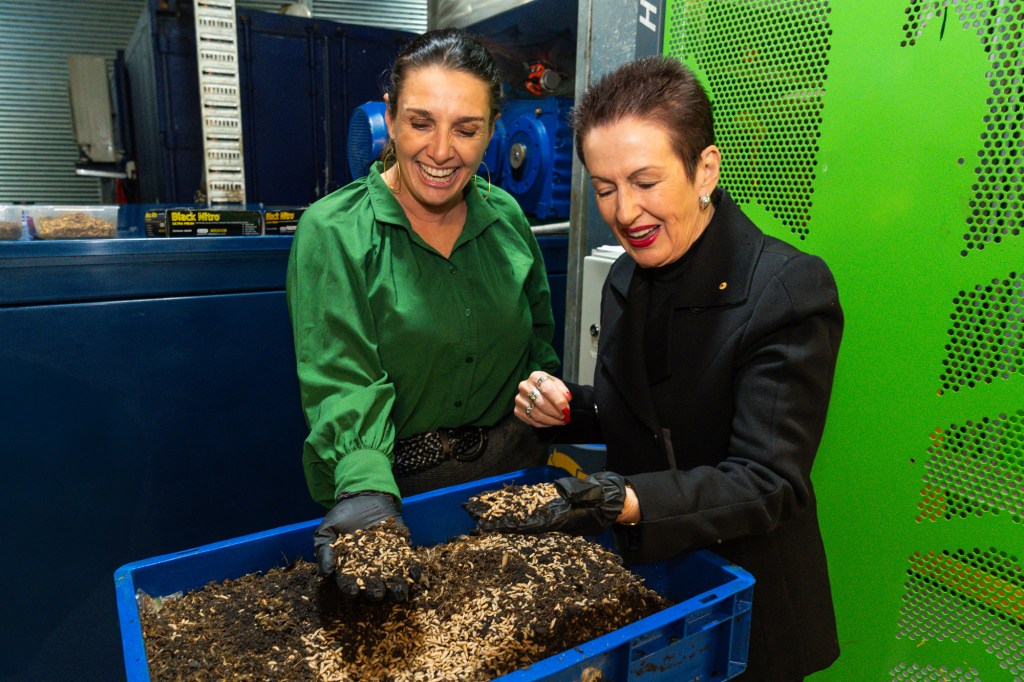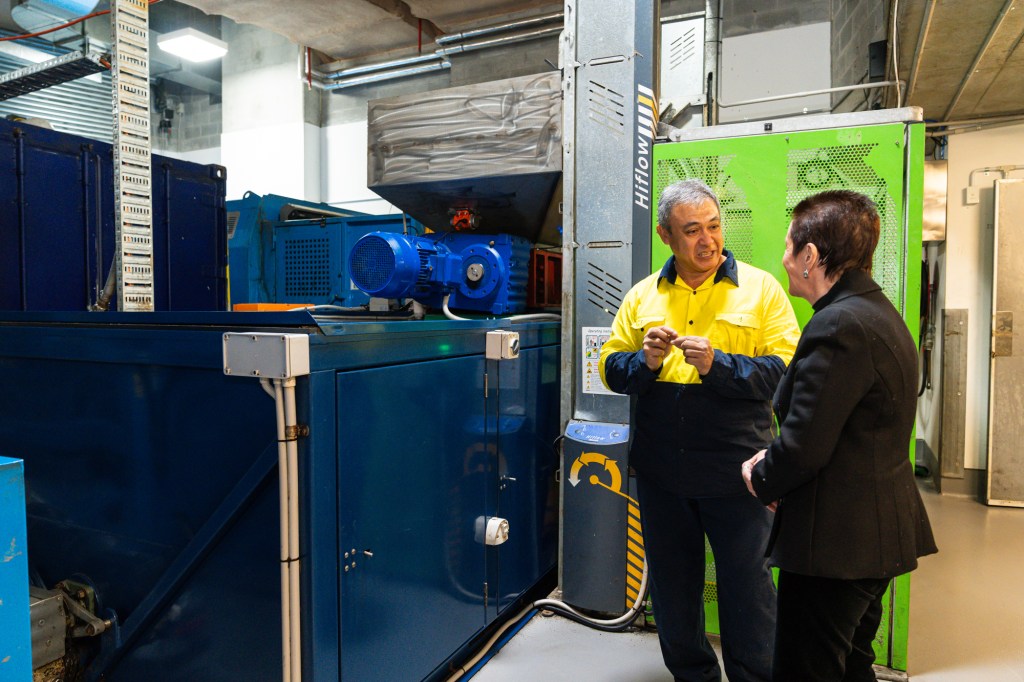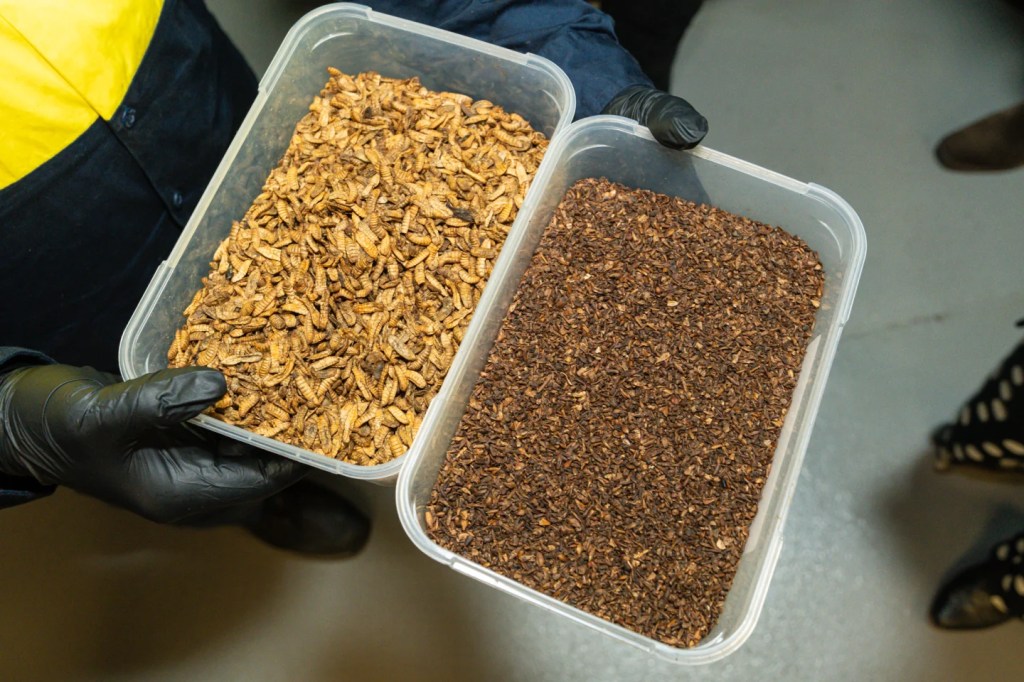Insect robots company Goterra is partnering with the City of Sydney to transform residents’ food waste into protein-rich animal feed and fertiliser.
According to the Canberra-based start-up, the 12 month trial – the first of its kind for New South Wales – is expected to divert up to 600 tonnes of food waste from landfills.
“This is the next step in our war against waste,” Lord Mayor of Sydney, Clover Moore AO said. “Using maggots is an innovative and sustainable solution for this growing problem. This service will be set up at a facility in Alexandria, meaning our fuel costs and emissions will greatly reduce because we are transporting this food waste shorter distances.
“This is a brilliant circular economy result as we regenerate what was once considered waste into sustainable commodities: insect protein for animal feed and a natural low-impact fertiliser, both essential for food production.”

Goterra’s process works by feeding the collected food scraps to Black soldier fly larvae housed inside shipping container-sized units. The maggots can eat twice their own body weight every day, after which their manure is processed into fertiliser and the insects themselves are then processed into vitamin and mineral-rich protein that can be turned into pet food or fed to poultry or fish.
Unlike other insects, the Black soldier fly isn’t a vector for disease and its larvae break down bacteria in the organic material consumed.
Goterra announced a similar food waste collection partnership with Brisbane’s Howard Smith Wharves late last year. In one example of the application for its outputs, the start-up recently secured a partnership with Skretting Australia to deliver its insect protein into domestic aquaculture feeds.

“We’re really excited about this project – it has the power to revolutionise food waste management for residential food waste and logistics in Australia’s largest city,” said Goterra CEO, Olympia Yarger. “We know food waste represents 8% of global greenhouse gas emissions. If it were a country, its emissions would be the 3rd largest in the world.
“Our Modular Infrastructure for Biological Services are working hard every day to reduce this and turn food waste into a regenerative resource, creating insect protein and fertiliser to help plug the food production shortfall predicted to be 20% by 2050.”
The processing trial will begin in late 2024 and run for 12 months, after which the City of Sydney and Goterra will evaluate the results with a view to expanding the service in the future. The start-up told Future Alternative that it was in discussions with other councils in Australia, which it hoped would followed Sydney’s example.

More than 21,000 NSW households are part of a food scraps recycling trial initiated in July 2019. Residents of apartment buildings can submit an expression of interest for their building to join the program.
The City of Sydney is working to extend the service to all residents in line with the state government’s mandate for councils to provide food and garden waste collections to every NSW household by 2030.
Currently, only four out of Greater Sydney’s 33 councils provide food and garden waste collections for all of its residents, according to a report from ABC Radio Sydney.
Food scraps make up around one-third of the waste in general waste bins. When they reach landfill, the organic material decomposes, emitting methane, one of the most potent greenhouse gases on the planet.
To stay up-to-date on the latest industry headlines, sign up to Future Alternative’s enewsletter.
Posted on:


